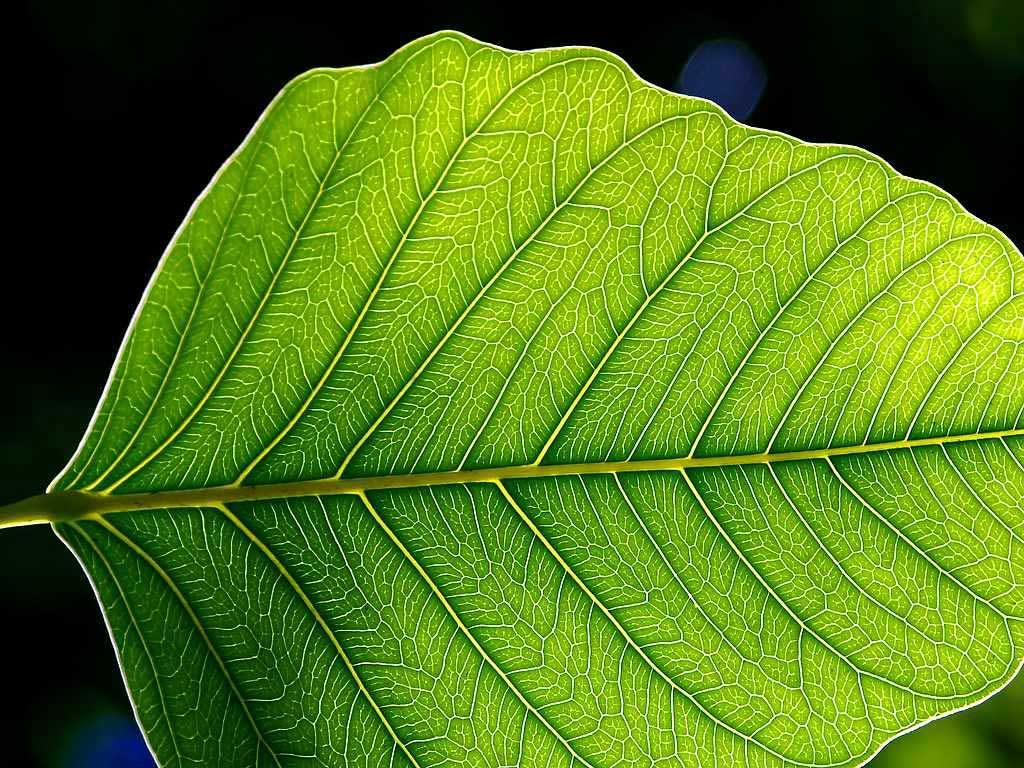Accelerating photosynthesis could lead to higher crop production, say scientists

Scientists have made an important discovery about plants' photosynthesis process that may lead to an increase in crop production.
The findings, published in Communications Biology, show how scientists relieved the bottleneck in the process by which plants transform sunlight into food.
To do so, they produced more of a certain protein - Rieske FeS - in the plants. This protein controls the rate in which electrons flow during photosynthesis.
"We tested the effect of increasing the production of the Rieske FeS protein, and found it increases photosynthesis by 10%," said lead researcher Dr. Maria Ermakova from the ARC Centre of Excellence for Translational Photosynthesis.
"The Rieske FeS protein belongs to a complex which is like a hose through which electrons flow. So the energy can be used by the carbon engine of the plant. By overexpressing this protein, we have discovered how to release the pressure of the hose, so more electrons can flow, accelerating the photosynthetic process," added Dr. Ermakova, who works at The Australian National University (ANU) Centre Node.
"It is really exciting, as we are now ready to ... test the effect it has on biomass in a food crop," Caemmerer commented.
Ermakova explained that this is the first time that scientists have generated more of the Rieske FeS protein inside plants that use the C4 photosynthesis pathway.
Until now, the majority of efforts to improve photosynthesis have been done in species that use C3 photosynthesis. Two examples of these plants are wheat and rice. Yet C4 crop species -- like maize and sorghum -- also play a key role in world agriculture.
Moreover, the scientists stress that these are some of the most productive crops in the world.Regarding the study's greater significance, professor Susanne von Caemmerer, one of the co-authors of this study, explained further.
"It is an important proof of concept that helps us enormously to understand more about how C4 photosynthesis works."
Testing with the Rieske protein set to continue
The Rieske protein is particularly important in environments with high radiance, where C4 plants grow, she added. What's more, the researchers say they are planning to continue testing to see if they can accelerate this process even more.
"Our next steps are to assemble the whole protein FeS complex, which has many other components," says Professor Furbank.
"There is a lot more to do and lots of things about this protein complex we still don't understand. We have reached 10% enhancement by overexpressing the Rieske FeS component, but we know we can do better than that."
The research is the result of an international collaboration with researchers from the University of Essex in the UK. They are part of the Realizing Increased Photosynthetic Efficiency (RIPE) project.
Meanwhile, ARC Centre of Excellence for Translational Photosynthesis provided the funding for the study. It has said it hoped its financial support would help to improve the process of photosynthesis.
This, it believes would increase the production of major food crops such as sorghum, wheat and rice.









































